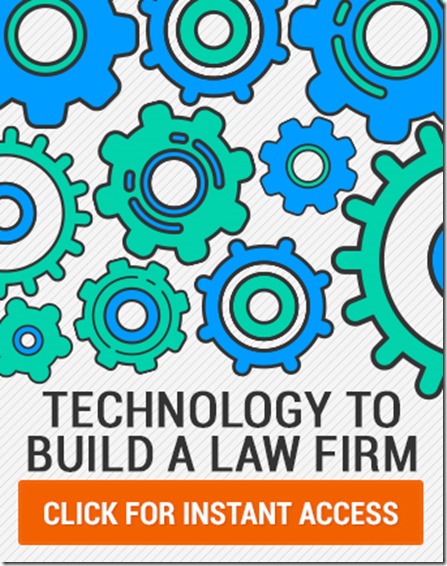Desktop vs. Laptop
You want to be buying laptops. As technology moves to cloud-based systems, the ability to work anywhere is pretty compelling. In most scenarios, all your attorneys should have laptops. All other staff can have desktops unless they are the type that will work remotely. You will probably have some on-premise software (non-cloud-based software) that you need to run and this should be put on a powerful desktop.
There is another aspect to this, the era of BYOD or Bring Your Own Device. Since most people already own a laptop, why can’t they use their personal laptop for work? While there are some big security questions that need to be answered, this is becoming more prevalent.
The brands I would trust are Dell, Apple, HP, Microsoft and Lenovo. If someone tells you they can build you a computer, RUN.
RAM – 8gb Minimum
RAM stands for Random Access Memory and it’s the brains of the computer. The more RAM you have, the faster your computer will run. Get at least 8GB, but if possible, max it out to the largest amount.
Crucial.com has a great tool that will tell you how much ram you have and how much it will cost to upgrade. Keep in mind that most Macs and Surface Pros don’t let you upgrade your ram because the chips are glued in and not replaceable.
Hard Drive – Solid State – 500GB or more
The regular old school hard drives have movable parts like a needle that would go and seek data. Solid-state hard drives, the same that is used in your smartphone, are much faster and use less power.
Speed is another consideration when choosing a hard drive. Back in the early 2000’s you wanted the biggest hard drive out there because you were installing everything on your computer. Since most stuff is now stored in the cloud or on a server, the hard drive space on your computer is less important. I think most people can get away with a 500gb drive.
Processor – i5/i7 m5/m7
Try and get an Intel i5/i7 or a m5/m7. Just avoid the i3 and m3.
MAC vs. PC
Avoid people who pitch one side over the other. You are picking a computer, not a religion. Ten years ago, it was hard to use a Mac in a law practice. Now it’s not. Since a growing portion of software can be moved to the cloud, the operating system becomes less relevant.
If you are thinking of making the switch or starting for scratch, you need to make a list of all software and hardware you use and see what operating system it works with. There are still some pieces of software that only run on Windows or Mac, so you need to be aware of that.
Parallels is a product that will allow you to run Windows Software on a Mac, which is what I use.
Tablets
iPad
While you can run Adobe and Word on an iPad, it’s not as good as the full blown computer version. While the iPad can be very useful, it will not be a replacement for your computer. So you can run a laptop and iPad, but I don’t think we are at a place where the iPad replaces the laptop.
Surface Pro
The Surface Pro is really a laptop that can act as a tablet. It’s also expensive. The minimum spec model I would recommend costs $1300. That is the 256GB, i5, 8gb of ram. When I add the dock, keyboard cover, and mouse, it becomes $1600. So if you are going to spend $1600, this will be your primary device and not just a tablet.
Chrome Book
No.


